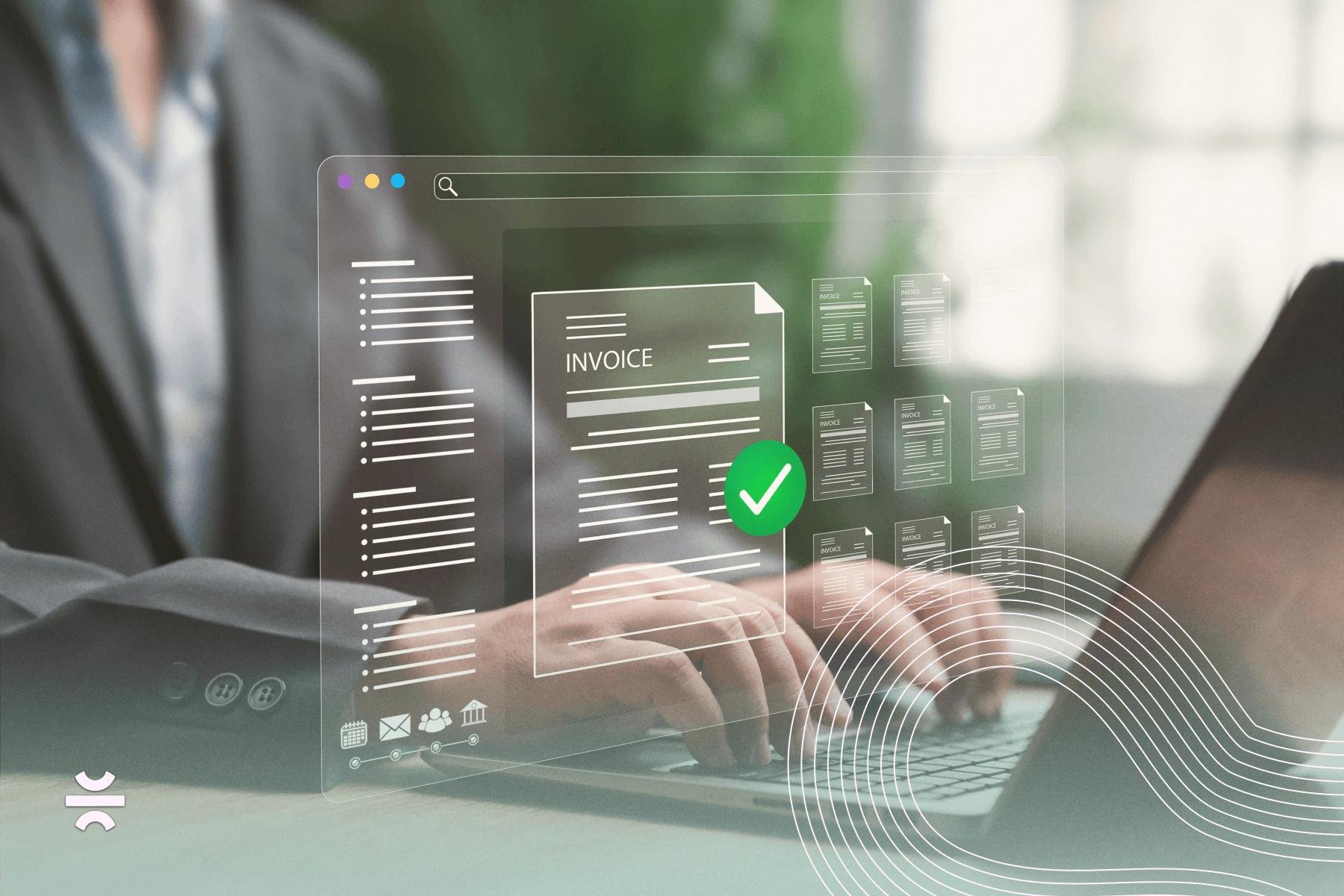Do you ever wonder if your SaaS company is really spending its money wisely, or just letting it slip through the cracks? That’s the reality for more than half of small businesses in the United States, who regularly make important business decisions based on incomplete financial information.
Getting to know your business expense categories is like having a clear guide while navigating your startup’s finances. It’s not just about tracking where every dollar goes — it’s about managing your money to help your business grow and innovate.
In this article, we’ll cover the 10 essential business expense categories every SaaS company needs to know. From the costs of developing software to what you spend on travel and entertainment, we’ll break down each category to help you understand how to better control your spending. Let’s simplify your finances and sharpen your strategy.
The Importance Of Categorizing Expenses
Think of categorizing expenses like organizing your closet. It’s like knowing exactly where to find that favorite sweater or the right pair of shoes when you need them. A detailed SaaS chart of accounts can help you categorize your expenses accurately. Categorizing your expenses will help you:
- Have a clear view: Just like a well-organized closet lets you see everything at a glance, categorizing your expenses helps you quickly spot where your money is going. If you see that you’re overspending in one area, you can adjust before it becomes a problem.
- Simplify budgeting: With all your expenses clearly laid out, comparing your actual spending to your budget is straightforward. It’s like matching outfits — what works, what doesn’t, and what adjustments you need to make for the perfect fit.
- Relax at tax time: Come tax season, having your business tax deductions sorted will help you calculate your tax write-offs much more easily. Keeping a well-maintained list of deductions for small businesses can help you identify which expenses qualify as deductible business expenses, reducing your tax liability.
- Have smooth audits: If you ever face an audit, having categorized expenses makes the process less daunting. It’s like showing up to a meeting with notes organized and ready to present.
Top 10 Business Expense Categories For SaaS Companies
As you scale your business, you need to know where your money goes to make informed decisions and invest in areas that truly drive your company forward. Fully understanding business expense categories can help you budget more effectively, maximize your small business tax deductions, and improve your financial statements.
Here are the top 10 business expense categories for taxes any SaaS company should keep an eye on:
1. Software Development Costs
Software development costs really are the heart of your SaaS operation. These types of expenses include the salaries for your talented development team and the essential software tools they need to build your amazing product.
And don’t forget about the ongoing care and upgrades your software will need. Just like a high-performance sports car that requires regular tune-ups and the occasional big fix to stay in race-winning shape, your software needs continuous improvement to stay competitive in the fast-paced tech world.
2. Hosting And Cloud Services
Hosting and cloud services are at the top of the list of business expenses for any SaaS company because they provide the infrastructure your application needs to operate smoothly and efficiently. These services are a critical investment in your product’s performance and reliability, as a blip in hosting services could cause massive disruptions for your users.
That’s why the quality of your hosting directly affects how well your service performs in the competitive market. A top-notch hosting environment ensures that your application is fast, secure, and always available to your customers, which in turn enhances user satisfaction and retention. Like choosing a prime location for a physical store that attracts more customers, investing in the right hosting services ensures your digital product is set up for success, directly impacting your company’s bottom line.
3. Sales And Marketing Expenses
When your product is polished and ready to go, it's time to make some noise with your sales and marketing efforts. The cost of sales involves all kinds of activities, from crafting compelling digital ads and generating engaging content to powering up your sales team and hitting the trade show circuit. Your mission is to amplify your presence in all the right places and draw potential users to your SaaS product.
Some of your marketing costs might include targeted digital campaigns to reach specific audiences or sophisticated sales tools that empower your team to seal more deals. Think of your marketing efforts as a garden. It requires consistent attention and strategic nurturing to bloom beautifully. Every dollar you invest plants the seeds for new customer relationships that, with the right mix of strategy and creativity, will grow and thrive. Optimizing these expenses can help drive profit and enhance recurring revenue by building a loyal customer base.
4. Employee Salaries And Benefits
Employee salaries and benefits are crucial investments in the powerhouse behind your business. This covers wages and other employee benefits like health insurance. By offering competitive compensation, you attract and retain the brilliant minds that will push your product ahead of the competition. Happy employees are the key to innovation, after all.
5. Professional Services
Hiring professional services can significantly transform your SaaS company. This business expense category covers the costs associated with hiring outside experts such as lawyers, accountants, and consultants. These pros have the specialized skills and knowledge you need to tackle the tricky parts of running a business, like staying on top of legal compliance and getting your financial management right. For example, you may hire a lawyer to navigate entry into a new market or a financial expert to help manage your business loans.
6. Office Space And Utilities
Even in the digital age, the role of physical office space and utilities in your business's operations cannot be underestimated. This category covers everything from rent and electricity to internet and other essential office expenses. Whether your setup is a cozy nook or a sprawling complex, the physical environment you cultivate is pivotal for boosting employee productivity and shaping a positive corporate culture.
Your office space is a hub of collaboration and creativity, allowing everyone to do their best work. Essential utilities, especially high-speed internet, are crucial for maintaining seamless operations, particularly vital when your product relies heavily on robust connectivity.
7. Hardware And Equipment
For a SaaS company, hardware and equipment are essential tools of the trade. This category spans from computers and servers to smartphones, office supplies, and other business assets. Just as a construction crew needs the best tools to build effectively, your team needs top-notch equipment to build, test, and deploy your software efficiently.
8. Training And Development
Training and development are key to ensuring your team stays on the cutting edge of technology and business practices. This investment in your employees through workshops, courses, and seminars is like keeping the tools in your shed sharp. And the sharper they are, the better they perform.
9. Travel And Entertainment
Travel and entertainment expenses play a crucial role in promoting your SaaS product, forging new partnerships, and nurturing existing relationships. Activities such as attending industry conferences, meeting with potential investors, or entertaining important clients all require investment in travel and entertainment. Each expense, whether for professional services or travel, must be justified and documented for legitimate business purposes to ensure compliance and fiscal responsibility.
10. Miscellaneous Expenses
Every business deals with those little bits and pieces that don't quite fit into the standard expense categories — say hello to miscellaneous expenses. These could range from software licenses and subscription services to liability insurance. They might not stand out, but without them, things could start to unravel.
Tracking these small yet cumulative expenses is critical — they can add up faster than you might think. Implementing a system to monitor miscellaneous expenses can help you stay on top of where every dollar is spent. This attention to detail in managing the catch-all category can be a game-changer in keeping your finances in order.
Optimize Your Financial Health With Effective Expense Management
Optimizing your financial health as a business owner isn’t just about waiting for the day you'll break even — it’s about managing every dollar wisely across all your business expense categories. By getting a clear view of where your money is going and ensuring it’s spent in ways that directly enhance your product and service, you make your path to profitability clearer and more manageable.
Consider using specialized financial tools or consulting with professionals to get a firmer grip on your finances. Ultimately, effective expense management will empower you to make smarter decisions, stretch every dollar further, and steer your startup toward long-term success.
.avif)









